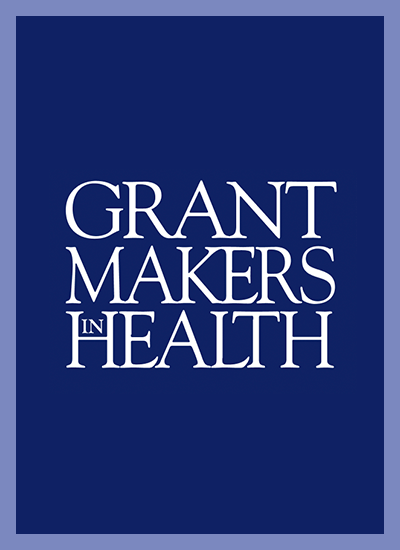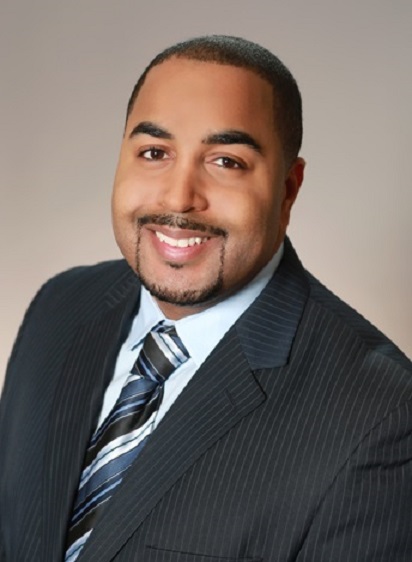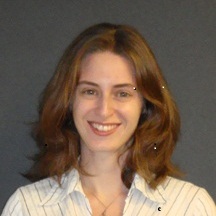June 2017

Alan C. Eversley, Program Consultant, Aetna Foundation
Alyse B. Sabina, MPH, National Program Director, Aetna Foundation


2016 and 2012 Terrance Keenan Fellows
Terrence Keenan once wrote, “A great foundation is a resource for both delivery and change. It invests not only in the identification of answers, but also in the pursuit of solutions.”
When it comes to fighting health inequities, where are we pursuing solutions? We believe investing in community-driven programs that rely on strong leadership to tackle social determinants of health will impact population health outcomes.
That is why the Aetna Foundation, the American Public Health Association, and the National Association of Counties are leading an initiative to bring community-driven solutions to scale through the Healthiest Cities & Counties Challenge. The challenge is an ambitious nationwide effort that empowers local groups to start or expand cross-sector approaches to tackle social determinants of health. Fifty cities and counties across the United States have accepted the Challenge and are progressing in their work to make meaningful improvements to the health of their communities.
A critical part of this program is the investment in leadership capacity, where participants listen and share best practices via an ongoing learning network. But it is not enough to reach only today’s leaders. Investing in the next generation of innovators is a strategy to inspire action on achieving health equity and impact—among youth, among funders, and most importantly, among communities. Foundations have the flexibility to take a leadership role in supporting innovative strategies to address health equity in underserved communities. To lead in innovation, it is critical to consider it from different angles and different sources. Although it can be tempting to equate innovation with technology, innovation to advance equity is much more complex. It is about meaningfully meeting a community’s need, and engaging and empowering those who the innovation is trying to help.
A partnership between the Aetna Foundation and Yale School of Public Health is an example of how we are pursuing this important work. This year, we awarded the inaugural Aetna Foundation Prize for Health Equity Innovation, which encourages social entrepreneurship among college students with a $25,000 prize to launch solutions to improve health outcomes in underserved communities. Through this prize competition, we aim to discover and support leadership and inspire action in novel solutions to address equity issues, drawing innovation from the field in new ways.
This year’s winner of the Aetna Foundation Prize was a group of students that developed a mobile app, Real Talk, which uses stories written by teenagers to engage middle school students on topics related to sexual health. The team will launch a beta version of the app this summer, and the money from the prize will help support an outcome evaluation to demonstrate a positive impact on sexual health outcomes.
Another component of this partnership with Yale features community-based training of underserved high school students in the principles of social entrepreneurship. Throughout the course, students learn practical skills related to design thinking and innovation, lean start up methodology, communications, budgeting, partnerships, competition, impact evaluation, and teamwork, and they develop a solution to address a health equity issue in their own community. A curriculum is being developed for eventual national spread and scale in other underserved communities.
We believe that this program is an example of how foundations can look at innovation through a social determinants framework, as well as actively illustrating to future generations what a successful social entrepreneur looks like: one who is empathetic and collaborative and works to serve the surrounding community by providing goods and services, creating job opportunities, and stimulating the local economy.
Through these types of programs we can, as this year’s conference theme indicates, lead, listen, and inspire. By having opportunities to provide practical skills, education, and inspiration to youth, underserved students acquire the skills to be entrepreneurs as well as leaders and advocates, fostering a platform of influence and a stronger sense of community, agency, and personal pride as they develop solutions to address their own communities’ health inequities.
